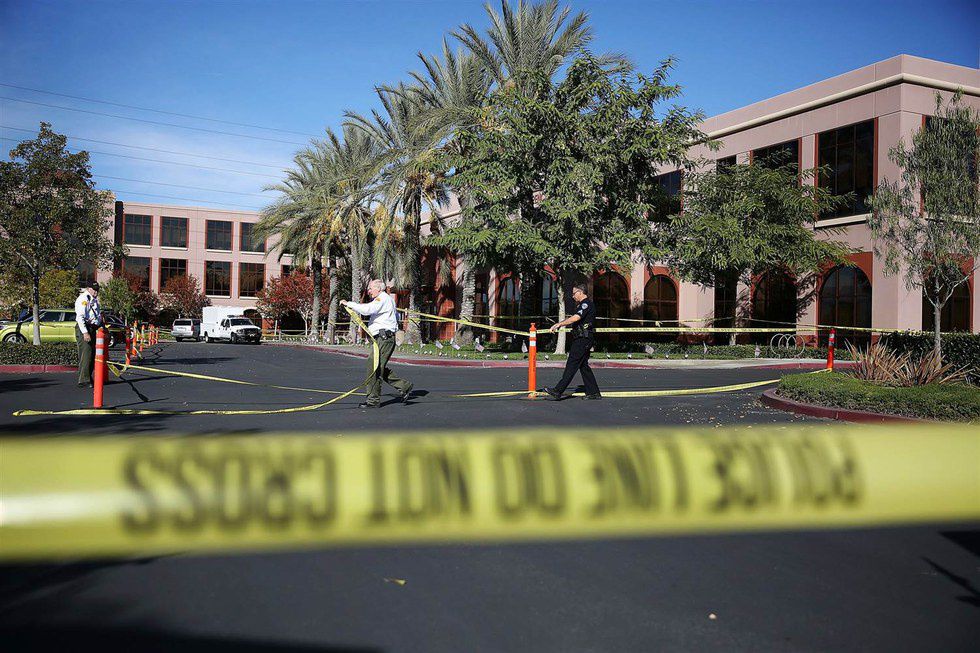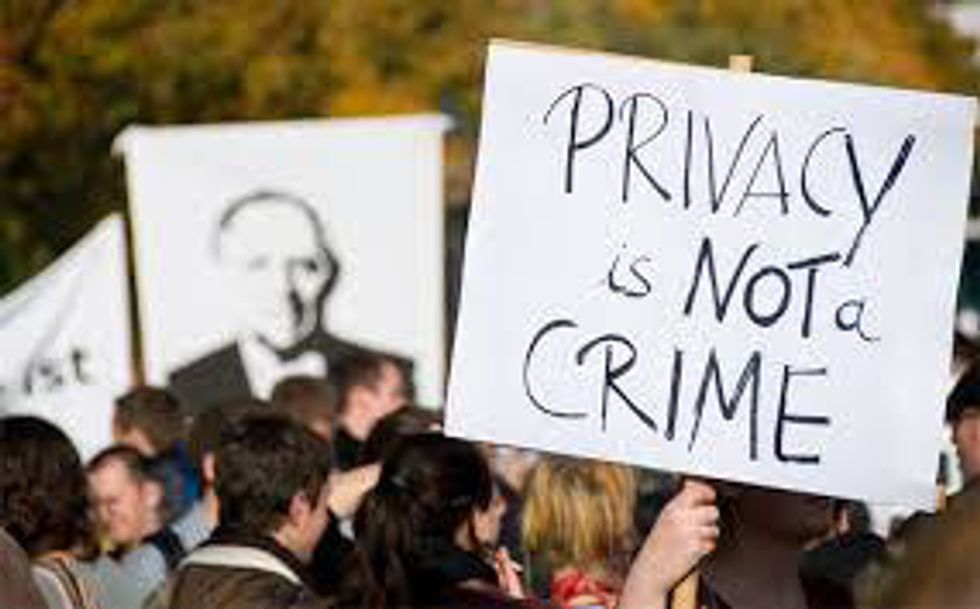Should the constitutional right to privacy protect Apple from unlocking a terrorist’s iPhone?
As of now, a battle is brewing between the federal government and Apple over unlocking the iPhone of the terrorist who massacred people in San Bernardino, Calif. last December. Apple, which is fiercely protective of its products and software, is refusing the government's request to unlock the terrorist’s iPhone to provide the contact list, so that the government can investigate whether there were any accomplices who helped out or who might be planning future terrorist attacks.
I think that just about anyone would agree that everything possible should be done to prevent future terrorist attacks, and unlocking the iPhone for this purpose sounds both reasonable and necessary. There are, however, two sides to this argument. The very foundation of our government was built on the right to privacy. We count on it in everything we do, from protecting our health information to filing our taxes. Once we open that door, however, where does it stop? Would it be unreasonable to request that all criminal’s iPhones should be unlocked to help the government?
After all, it could possibly aid in the prevention of future crimes and save lives. In fact, it might even have the effect of being a deterrent, since criminals might be reluctant to use their phones if they know that the information on it might be available to the police. In fact, that is precisely what just happened in a drug case in New York, when a Federal Judge decided that Apple did not have to unlock an iPhone to reveal its contents. Overall, the line between privacy will only become increasingly blurred as our society learns how to incorporate and balance modern advancements with modern society.










 The minimum wage is not a living wage.
StableDiffusion
The minimum wage is not a living wage.
StableDiffusion
 influential nations
StableDiffusion
influential nations
StableDiffusion












